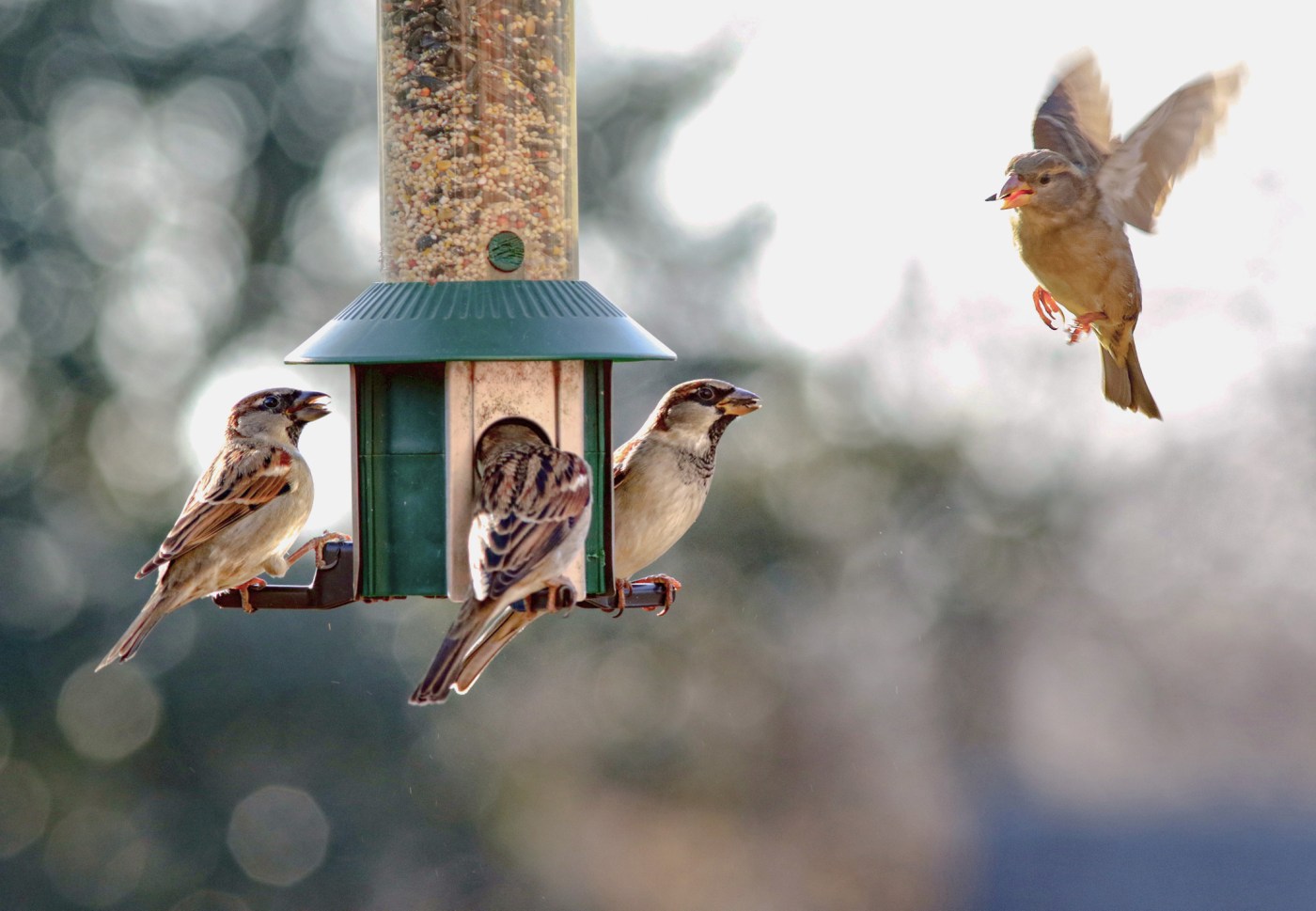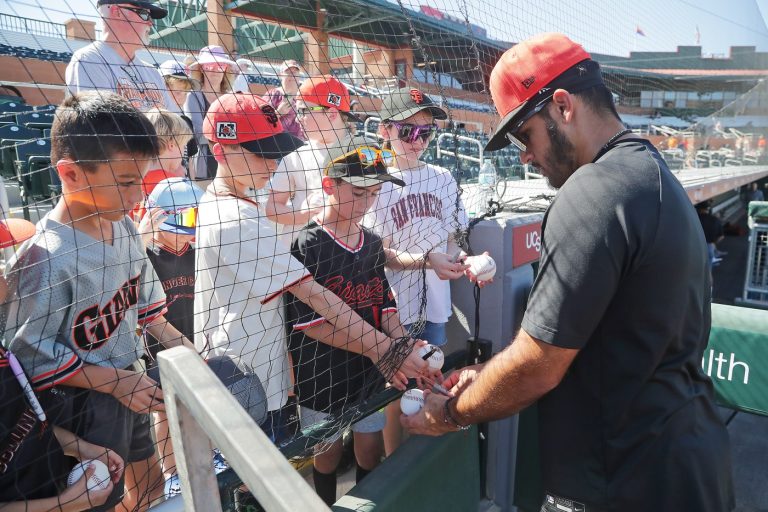DEAR JOAN: There has been a lot in the media recently about humans catching bird flu. I am concerned about the possible risks to us from feeding birds in our yard.
We have two feeders – a seed feeder and a hummingbird feeder for fast birds. With each, we find thank-you deposits on the feeders. We have not found any dead birds. Are these deposits a risk to us?
In your article dated Nov. 18, you suggest removing feeders and water sources from the yard to prevent the spread of bird flu. We enjoy watching the birds from our breakfast table and would miss the pleasure. Is removal the answer for us?
— Paul Christensen, Pleasanton
DEAR PAUL: Avian flu (H5N1) is a highly contagious virus that spreads from bird to bird, and in rare instances, from bird to humans. There are no known cases of human-to-human transmission.
The majority of infections are within waterfowl and domestic poultry, but other mammals can contract avian flu. Cats that spend time outdoors, especially if they kill an infected bird, have contracted avian flu, and there is one reported case of a veterinarian with long exposure to flu-infected cats coming down with the illness. There have been reports of dogs, foxes, cows and other animals becoming ill with the virus. The virus was detected in dairy cows earlier this year.
The virus is transmitted through contact with body fluids from an infected bird. Most human exposure has been from bird droppings, either by touching or inhaling dried particles.
Removing feeders and water dishes would minimize your chances of getting avian flu and help stop the spread among birds, but there are other things you can do.
Keep the feeders and birdbaths clean, washing away those thank-you deposits. Always wear protective gear – gloves and masks – and change your clothes afterward.
If you have pets, keep them away from feeders and clean up bird droppings underneath. Don’t let them handle dead birds. Report dying or dead birds to the California Department of Food and Agriculture Sick Bird Hotline at 866-922-BIRD (2473).
Giving Tuesday
Giving Tuesday — Dec. 3 — is a good time to consider gifting money or supplies to your favorite pet rescue organization or do some holiday shopping at their charity shops. Earlier, a reader asked about shops that give back to animals.
Here are your recommendations (let me know if I’ve missed any):
Berkeley Humane Society Thrift Shop, 2644 Ashby Ave., Berkeley, with a second location at 1122 Solano Ave., Albany; in support of Berkeley Humane
Joybound Thrift Store, 1950 Market St., Concord; in support of Joybound People and Pets in Walnut Creek
Los Gatos Birdwatcher, Kings Court Center, 792 Blossom Hill Road, Los Gatos; donates to various animal and wildlife groups
Related Articles
Raw milk nearly killed her son. Now avian flu is bringing more attention to its risk.
California raw milk recalled after positive test for bird flu virus
Alameda County detects bird flu in child with mild symptoms
Opinion: California bird flu outbreak spotlights the risky ways we produce food
Asymptomatic people may carry avian flu
Pick of the Litter Thrift Shop, 1127 Chula Vista Ave., Burlingame; in support of Peninsula Humane Society & SPCA
Rescued Treasures, 1270-I Newell Avenue, Walnut Creek; in support of Community Concern for Cats
Thrifty Kitty, 1509 Webster St., Alameda; in support of Friends of the Alameda Animal Shelter.
Animal Life runs on Mondays. Contact Joan Morris at AskJoanMorris@gmail.com.












